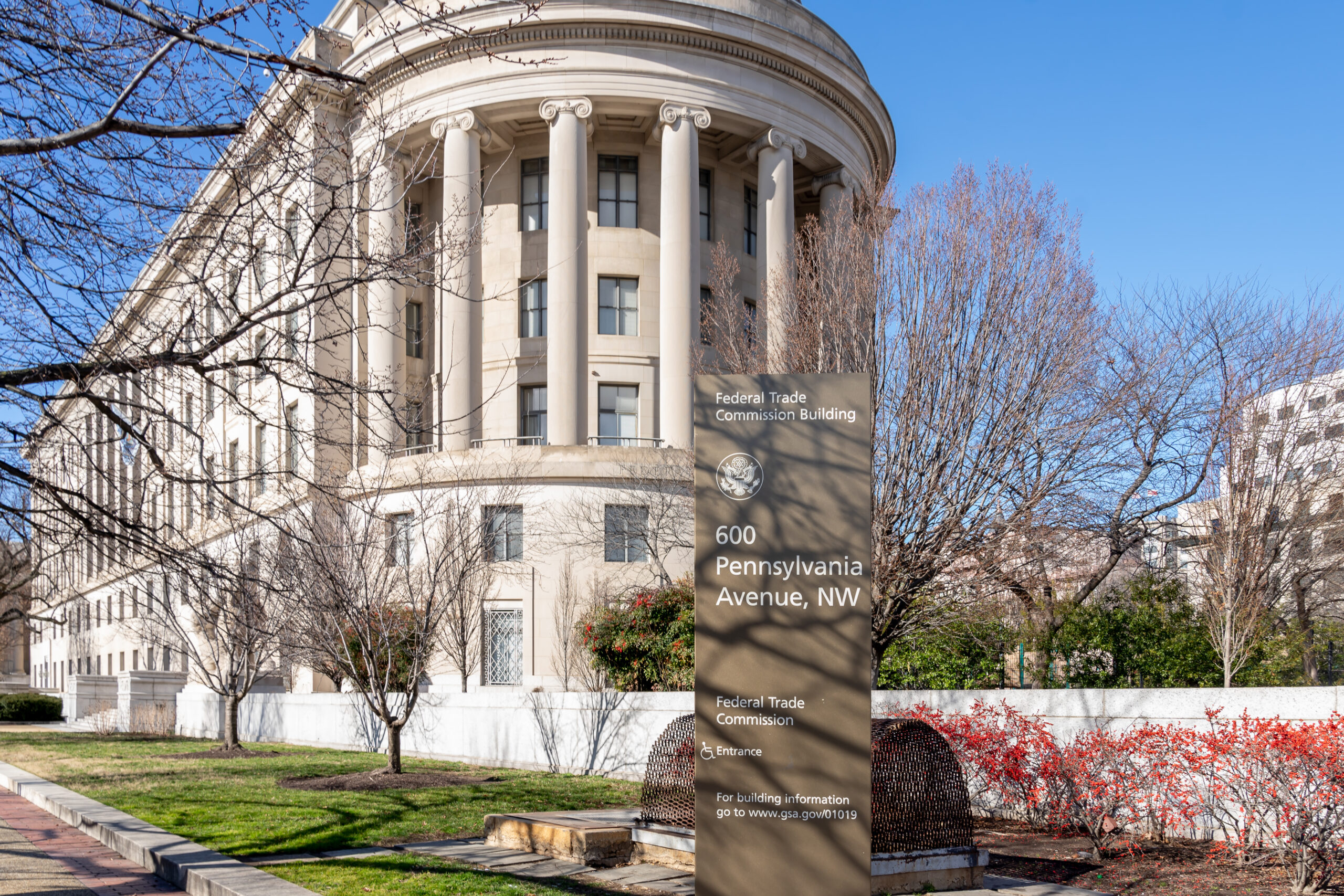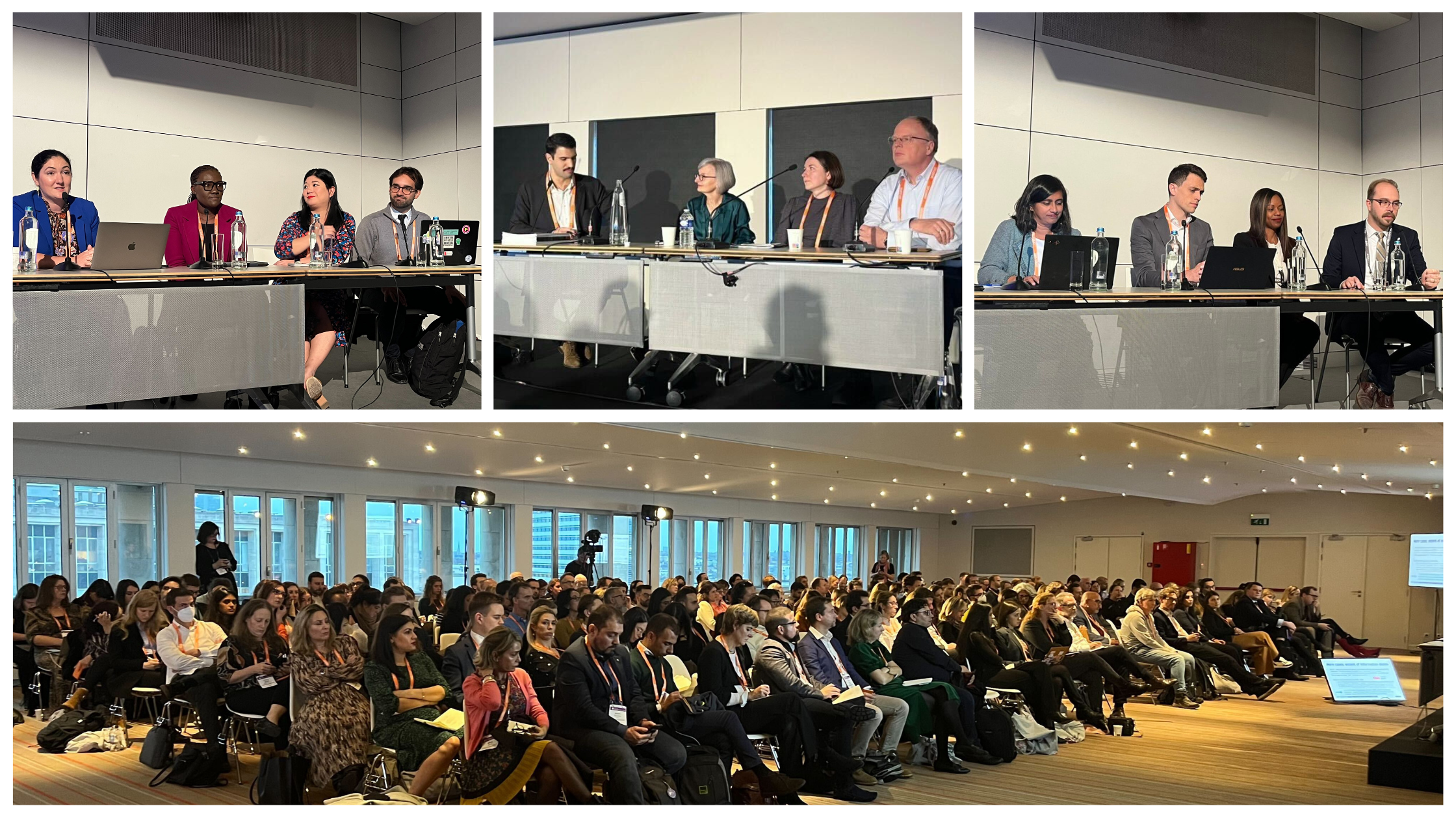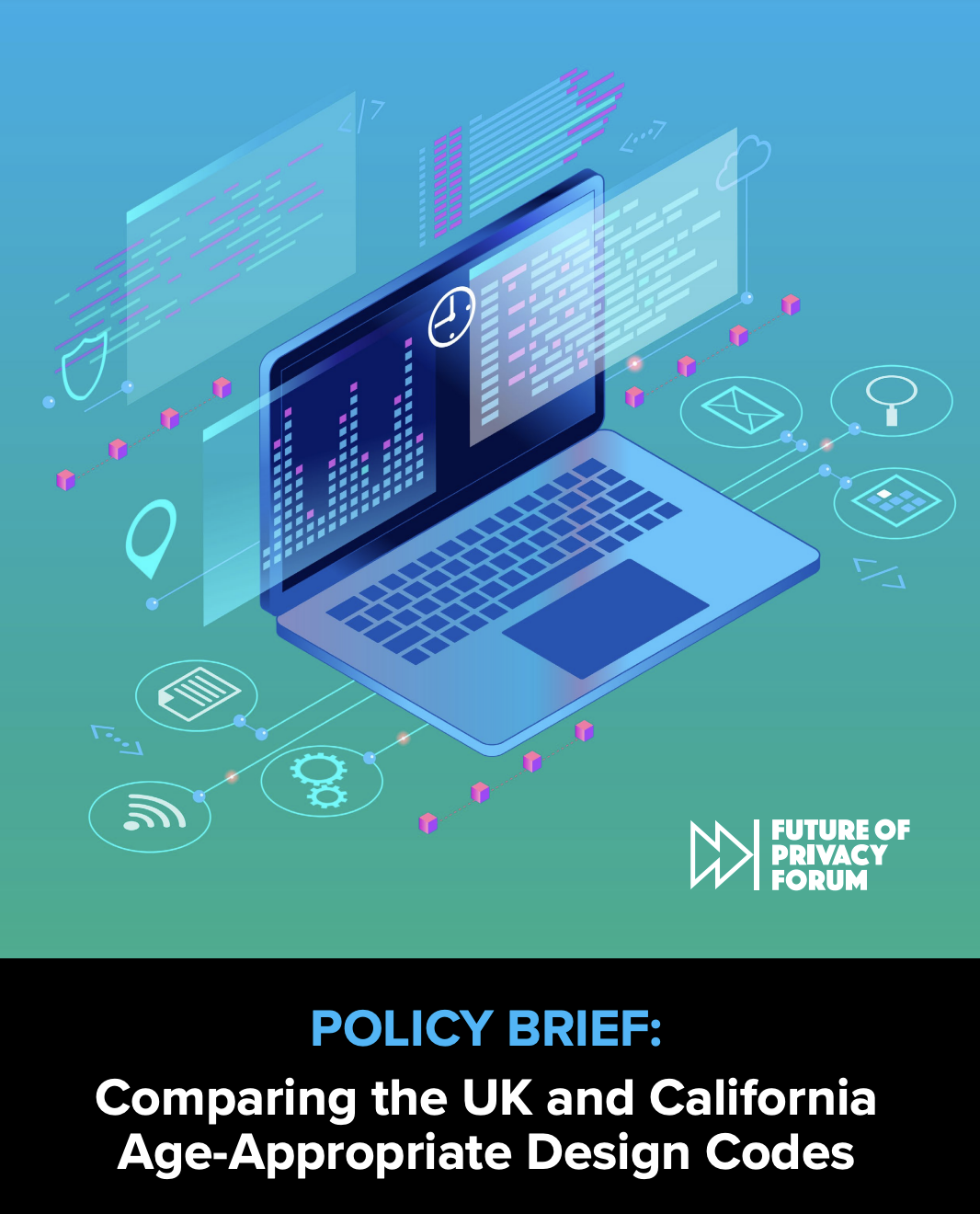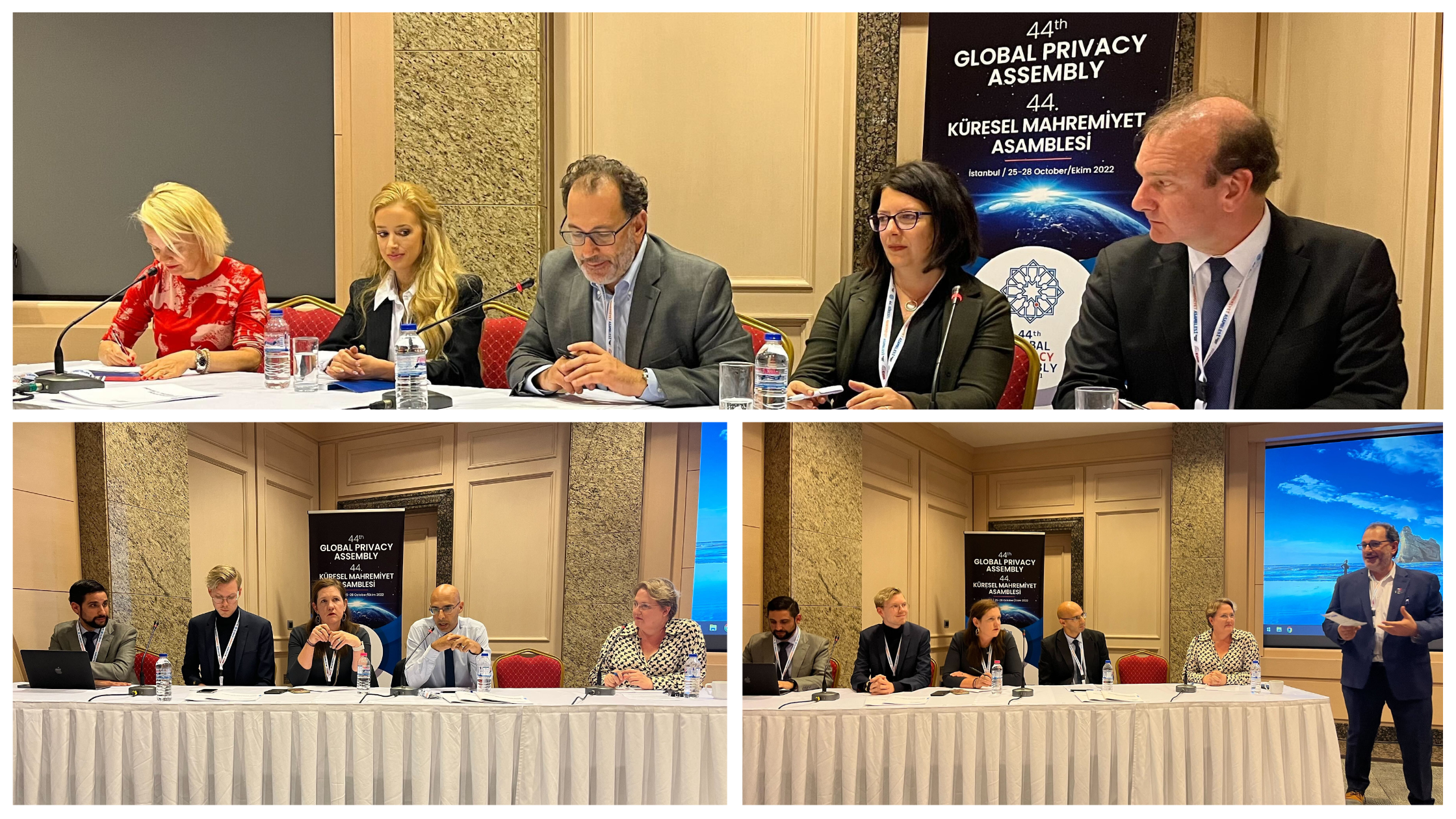
FPF in 2022: A Year in Review
As 2022 comes to an end, we wanted to reflect on a year that saw the Future of Privacy Forum (FPF) expand its presence both domestically and around the globe, while producing engaging events, thought-provoking analysis, and insightful publications. Global Expansion In 2022, FPF closely followed and advised upon significant developments in Asia, the European […]

Record Set: Assessing Points of Emphasis from Public Input on the FTC’s Privacy Rulemaking
More than 1,200 law firms, advocacy organizations, trade associations, companies, researchers, and others responded to the Federal Trade Commission’s Advance Notice of Proposed Rulemaking (ANPR) on “Commercial Surveillance and Data Security.” Significantly, the ANPR initiates a process that may result in comprehensive regulation of data privacy and security in the United States, and also marks […]

FPF at IAPP’s Europe Data Protection Congress 2022: Global State of Play, Automated Decision-Making, and US Privacy Developments
Authored by Christina Michelakaki, FPF Intern for Global Policy On November 16 and 17, 2022, the IAPP hosted the Europe Data Protection Congress 2022 – Europe’s largest annual gathering of data protection experts. During the Congress, members of the Future of Privacy Forum (FPF) team moderated and spoke at three different panels. Additionally, on November […]

Five Big Questions (and Zero Predictions) for the U.S. State Privacy Landscape in 2023
Entering 2023, the United States remains one of the only global economic powers that lacks a comprehensive, national framework governing the collection and use of consumer data throughout the economy. Congress made unprecedented progress toward enacting baseline privacy legislation in 2022. However, the apparent impasse in the efforts to move H.R. 8152, the American Data […]

Protected: 14th Annual Advisory Board Meeting 2023
There is no excerpt because this is a protected post.

FPF Releases Comparative Analysis of California and U.K. Age-Appropriate Design Codes
The Future of Privacy Forum (FPF) today released a new policy brief comparing the California Age-Appropriate Design Code Act (AADC), a first-of-its-kind privacy-by-design law in the United States, and the United Kingdom’s Age-Appropriate Design Code. While there are distinctions between the two codes, the California AADC, which is set to become enforceable on July 1, […]

Event Report: FPF Side Event and Workshop on Privacy Enhancing Technologies (PETs) at the 2022 Global Privacy Assembly (GPA)
The 2022 Global Privacy Assembly (GPA) – which brings together most global data protection authorities (DPAs) every year since 1979, to share knowledge and establish common priorities among regulators – took place between October 25 and 28, in Istanbul (Türkiye). The Future of Privacy Forum (FPF) was invited by the organizers of the GPA (the […]

Meet David Sallay, FPF’s new Youth & Education Privacy Director
FPF is thrilled to announce the new Director of our Youth & Education Privacy Program, David Sallay. David comes to FPF from the Utah State Board of Education, where he previously served as the Chief Privacy Officer and the Student Privacy Auditor at the Utah State Board of Education, where he worked with schools and […]

UNDERSTANDING DIGITAL DATA FLOWS: DE-IDENTIFICATION
Click here to learn more about FPF’s Understanding Digital Data Flows trainings. FPF Corporate Members receive a discounted registration rate for this session. FPF invites and welcomes the support of companies committed to advancing privacy practices. Please see FPF’s statement of Supporter Levels and Benefits. To learn more about supporting our organization and becoming a member, please contact [email protected].

Privacy Book Club with Simon Chesterman
The FPF Privacy Book Club provides members with the opportunity to read a wide range of books — privacy, data, ethics, academic works, and other important data relevant issues — and have an open discussion of the selected literature. For January, we will discuss We, the Robots? Regulating Artificial Intelligence and the Limits of the […]
